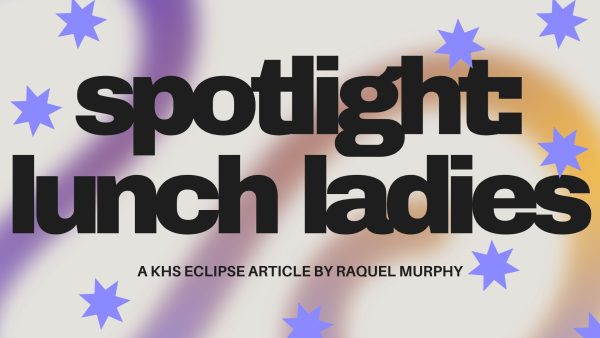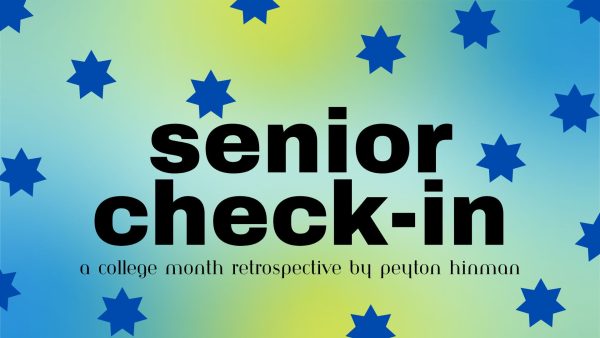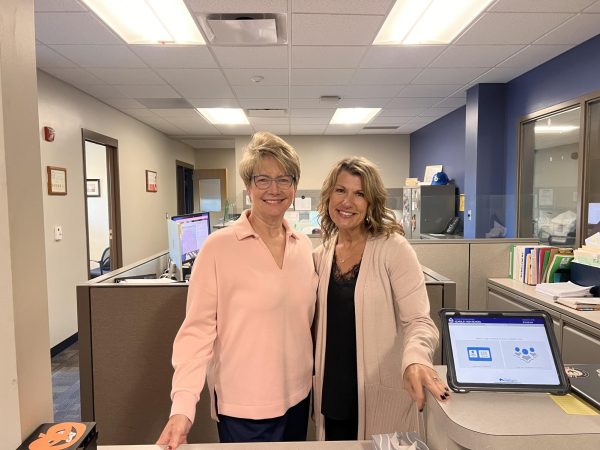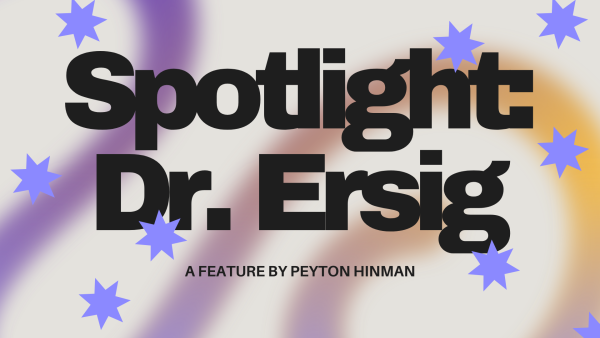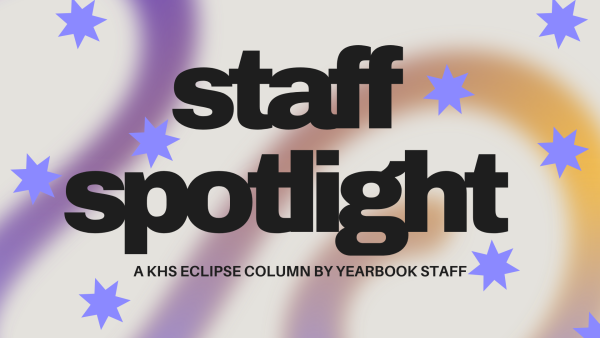Black History Month: Phillis Wheatley influenced colonial America
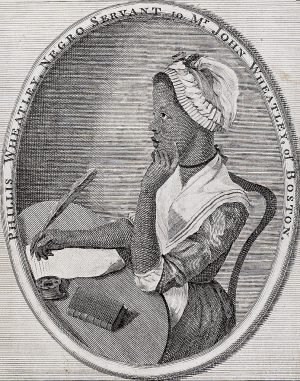
Phillis Wheatley was a poet from Boston in colonial America.
One of the most underrated black women in American history is Phillis Wheatley.
Wheatley was born in Gambia on May 8, 1753.
She was enslaved into the household of John Wheatley in 1761. Her job was to be the servant for John’s wife, Susanna.
Phillis adopted her master’s last name upon arrival to his home.
She was only 7 years old when she was sold.
Mr. Andy Nester, political science teacher is stunned by how strong Phillis Wheatley was.
“Given that she was only 7 when she was taken and sent overseas to be sold as a slave, she was frail, malnourished, and alone, she must have had a very strong internal fortitude,” Nester said. “She must have had something burning inside her that pushed her need for others to understand her story.”
After discovering how precious Phillis was, the Wheatleys, including their son Nathaniel and their daughter Mary, taught her to read and write.
Around the age of 12, Wheatley’s family encouraged Phillis to start writing poems.
At 13, she wrote “On Messrs Hussey and Coffin” about two men who nearly drowned in the sea.
Mr. Ed Councilor, world and U.S. history teacher, is amazed by the obstacles Wheatley had to overcome.
“She was published at just the age of 13,” Councilor said. “This is amazing in itself for this period, let alone her being a black female.”
The poem was published Dec. 21, 1767, in the Mercury Newport. It was her first published work.
Phillis Wheatley was the first published black female poet and first American slave to publish a book of poems.
Sophomore Tyler Hanson appreciates Wheatley’s impact in history.
“Phillis Wheatley is amazing for overcoming challenges and becoming the first black female poet,” Hanson said.
Wheatley also received lessons in theology, English, Latin, and Greek.
Ancient history was soon incorporated into the teachings, as were lessons in mythology and literature.
At a time when black people were discouraged and intimidated from learning how to read and write, Phillis was taught that and so much more.
Her life was different from other slaves during her time.
Phillis indicated that despite this exposure, which was rich and unusual for an American slave, she wanted to be a part of a more academic atmosphere.
By the time she was 18, Phillis had gathered a collection of 28 poems for which she and Susanna ran advertisements for in Boston newspapers.
A strong supporter of America’s fight for independence, Phillis dedicated several poems in honor of the Continental Army’s commander George Washington.
One piece written in 1775 to Washington himself led to an invitation to visit him at his headquarters in Cambridge, Mass.
She accepted the offer and visited Washington in March 1776.
Later, Phillis traveled to London to promote her poems and received medical treatment for a health ailment that she had been battling.
After her return to Boston, her life changed significantly.
While ultimately freed from slavery, she was devastated by the deaths of several Wheatley family members, including Susanna and John.
In 1778, Phillis married a free black man from Boston named John Peters. The couple had three children, all of whom died in infancy.
Their marriage proved to be a struggle, with the couple battling constant poverty.
She was forced to work as a maid in a boarding house and lived in horrible conditions.
While she contacted various publishers, she was unsuccessful in finding support for a second volume of poetry.
She died in her early 30s in Boston on Dec. 5, 1784.
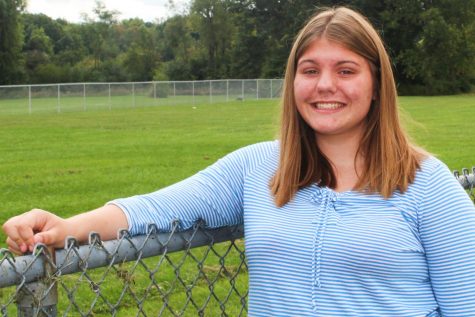
Birthday: Dec. 28, 2002
Hobbies/Interests: Student Council, Pokémon GO.
Favorite Quote: "Let no man pull you low enough to hate him." -...

